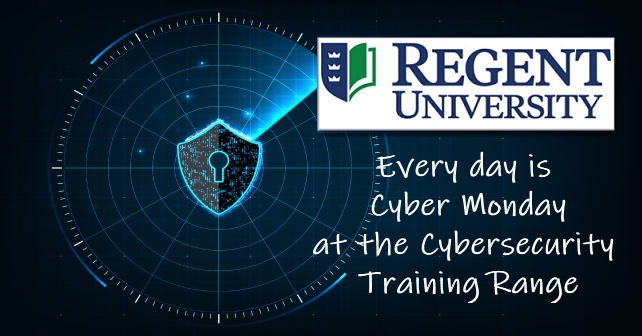Cyberattacks affect the lives of everyone, from business owners required to safeguard assests and data to children growing up with tablets in their hands.
It’s a reality reinforced daily with revelations of security breaches that compromise the personal information of millions and cost organizations millions of dollars in mitigation, downtime and lost customers.
By 2021, cybercrime damage will reach an estimated $6 trillion and cybersecurity spending will exceed $1 trillion. Cybercriminals gain ground daily as organizations struggle to keep up with the barrage of threats – and vie for qualified cybersecurity professionals. But qualified professionals are in short supply. More than three million cybersecurity professionals need to enter the market to accomodate the predicated international shortfall by 2021.
Often, organizations that rely on their organic IT assets to defend their critical information consist of highly adept IT professionals who lack basic cybersecurity experience, despite holding commercial certifications. According to an ISACA (2017) report, less than 25 percent of cybersecurity job applicants are qualified for the positions for which they are applying.
Those applicants require hands-on experience so that they can identify, analyze, mitigate and restore systems after an attack. These professionals also need skills to adequately synthesize the information and communicate root cause and Corrective Action Plans to executives.
This reality places Regent University’s Institute for Cybersecurity in a unique position to help the IT industry close the gap between theory and practice in cyber defense. Home to one of the nation’s largest commercial cyber ranges, Regent, located in Virginia Beach, Virginia, trains IT professionals by giving them the hands-on cyber defense skills needed in the workplace.
Don Murdoch, associate director of the institute and SANS certified GIAC Security Expert (GSE), said training on its cyber range effectively jump-starts careers.
“We offer scenarios on the range I’ve rarely seen in my experience, as well as routine activity. To get the variety of experience you would need at least two years in a cyber defense role. We can short-circuit that learning curve in a week,” Murdoch said.
Murdoch is the author of the industry-impacting book, “Blue Team Handbook: Incident Response Edition.” He adds, “When you’re hiding behind a firewall in a corporate environment, you don’t tend to get a lot of action. The variety of attacks we offer on the range is really what’s it’s about.”
With 20 globally accessible state-of-the-art cyber range workstations, Regent’s multimillion-dollar cyber range provides a virtualized hands-on learning environment where trainees analyze an array of adaptable, live-fire scenarios simulating common real-world cyber-attacks, such as ransomware, targeting traditional and Industrial Control System (ICS) networks today. Small groups work through increasingly difficult scenarios to identify attacks and perform forensic investigations with enterprise-grade tools found in many government and Fortune 500 companies.
The institute’s mission to set the standard in training and education doesn’t stop there. Regent’s cyber range capability also has been integrated into a new 144-hour Certified Cyber Practitioner (RCCP) program offering three levels of certification mapped to knowledge, skills and abilities as defined by the National Initiative for Cybersecurity Careers and Studies for Incident Response and Cyber Defense Analyst.
Each certification level incorporates commercially recognized curriculum for IT certifications but takes training a step further by including time on the cyber range.
Despite the steady stream of cyber attacks in the news, organizational leaders often fail to fully appreciate the magnitude of the growing cyber threat. To address this gap Regent also offers one-day interactive workshops designed for the C-suite and upper level managers.
Topics include state and federal regulations regarding disclosure of cyber incidents, and practical exercises train leaders to evaluate their existing cyber programs against National Institute of Standards and Technology (NIST) best practices.
For government and senior military leaders, the institute is developing a short series of workshops intended to build a baseline for understanding cybersecurity requirements and effectively manage cybersecurity readiness. The workshops will be particularly helpful to senior leaders who do not have an operational cyber background but are responsible for their organization’s cybersecurity program.
As an academic institution, Regent also offers associate, bachelor’s and master’s degree NSA-accredited programs in cybersecurity.
Regent University’s Institute for Cybersecurity is disrupting and transforming the Cyber Defense industry with a state-of-the-art training platform and world-class trainers. To learn more about commercial training offerings, visit regent.edu/cyber or contact the institute at 757.352.4215.
Learn more about this program: https://www.regent.edu/institutes/cybersecurity/industry-training/
Space is limited, so register today: https://regent.emf360.com/explore/search


